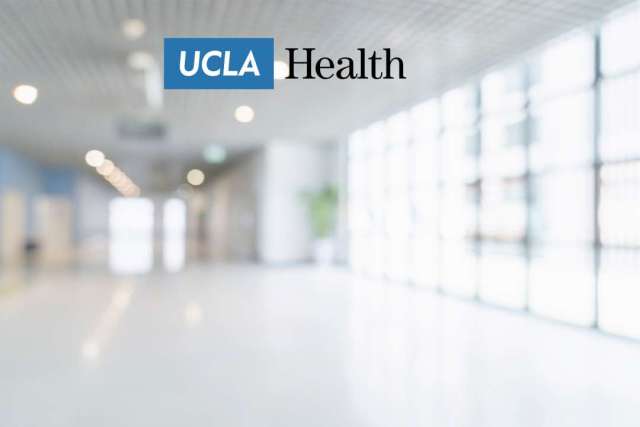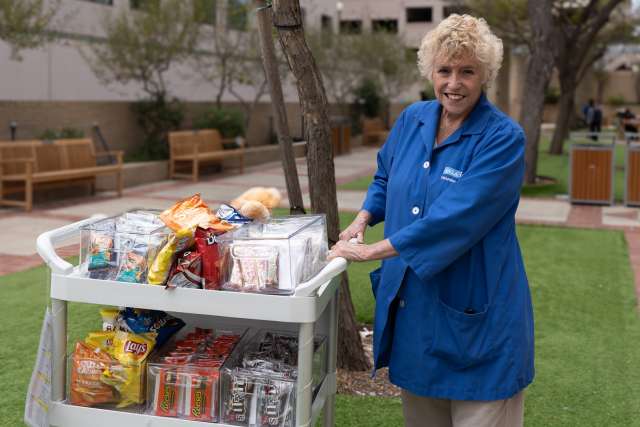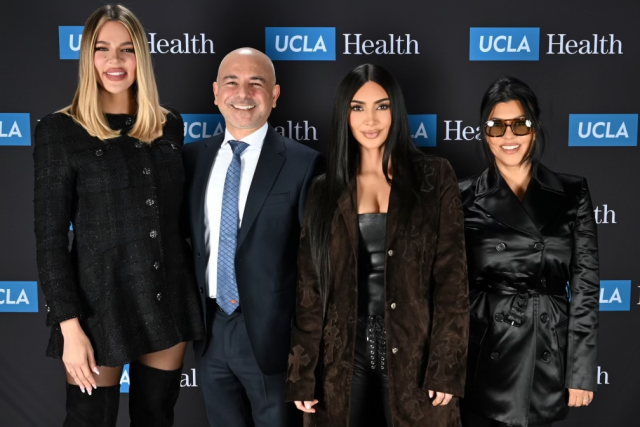While California is generally welcoming to individuals of all sexual orientations, it seems that employers in the state may still discriminate when it comes to same-sex partners and health care.
A new UCLA study is the first to show a large gap between employer-sponsored dependent coverage received by heterosexual employees and lesbian and gay employees. The study concludes that both sexual-orientation disparities are greater than previously thought.
The findings are published on the website of the journal Health Affairs.
Ninez A. Ponce, an associate professor at the UCLA School of Public Health, and colleagues found that partnered gay men living in California are only 42 percent as likely as married heterosexual men to get employer-sponsored dependent health insurance, while partnered lesbians have an even smaller chance — 28 percent — of getting coverage as married heterosexual women.
The report used data from the California Health Interview Survey, the nation's largest state health survey, which is conducted every two years on a wide range of health topics by the Center for Health Policy Research in the UCLA School of Public Health. Researchers combined three years of adult surveys: 2001, 2003 and 2005. The final sample included 63,719 women and 46,535 men between the ages of 18 and 64.
Of the sample, 51 percent of lesbians and 38 percent of gay men reported being in a partnered or married relationship, compared with 64 percent of female and 64 percent of male heterosexuals.
"We found no strong evidence to suggest that California employers are discriminating in providing health insurance to gay and lesbian workers as individuals," Ponce said. "However, we did find that employers were setting coverage rules for dependents that favored legally and heterosexually married employees."
The authors note that most of the data were collected before full implementation of the California Insurance Equality Act of 2005; they expect that the law, once fully enacted, and combined with the federal Patient Protection and Affordable Care Act, may serve to alleviate some of the disparities documented in this study.
But they also note that the way government agencies and employers define "dependents," and the federal taxation of health benefits for a same-sex spouse or partner, continue to be "a relevant underlying structural determinant of whether or to what extent sexual-orientation minorities will have more equal access to employer-sponsored insurance."
Achieving universal coverage, Ponce said, "will depend in part on remedying inequalities in state and federal marriage-related rules."
Other authors of the study included Susan D. Cochran and Vickie M. Mays of UCLA and Jennifer C. Pizer of the Lambda Legal Defense and Education Fund, Los Angeles.
Funding for the study was provided by the National Institute on Drug Abuse and the National Center on Minority Health and Health Disparities. The authors report no conflict of interest.
The study will appear in the August print edition of Health Affairs.
The UCLA School of Public Health is dedicated to enhancing the public's health by conducting innovative research; training future leaders and health professionals; translating research into policy and practice; and serving local, national and international communities.
For more news, visit the UCLA Newsroom and follow us on Twitter.
Media Contact:
Sarah Anderson
Sarah Anderson



